|
Kecheng Zheng is currently a researcher at Ant Research working with Yujun Shen. My research focuses on computer vision and deep learning, particularly on multi-modal learning. From Nov. 2018 to Jan. 2019, I was under the supervision of Wei Wei who is a research scientist in GOOGLE cloud. From Sep. 2019 to May. 2020, I was an intern at JD AI Lab, working with Wu Liu. From Jul. 2020 to Jan. 2021, I worked at Intelligent Multimedia Group (IMG) in MSRA as a research intern, under the supervision of Cuiling Lan. From Mar. 2022 to Jul. 2022, I worked at Ant Research as a research intern working with Deli Zhao. |
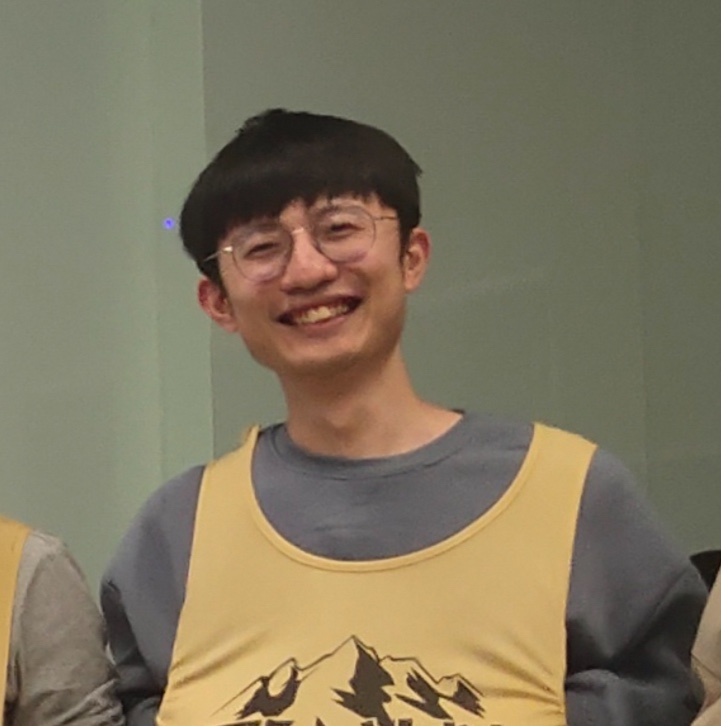
|
|
|
|
I'm interested in computer vision, representation learning and multi-modal learning. |
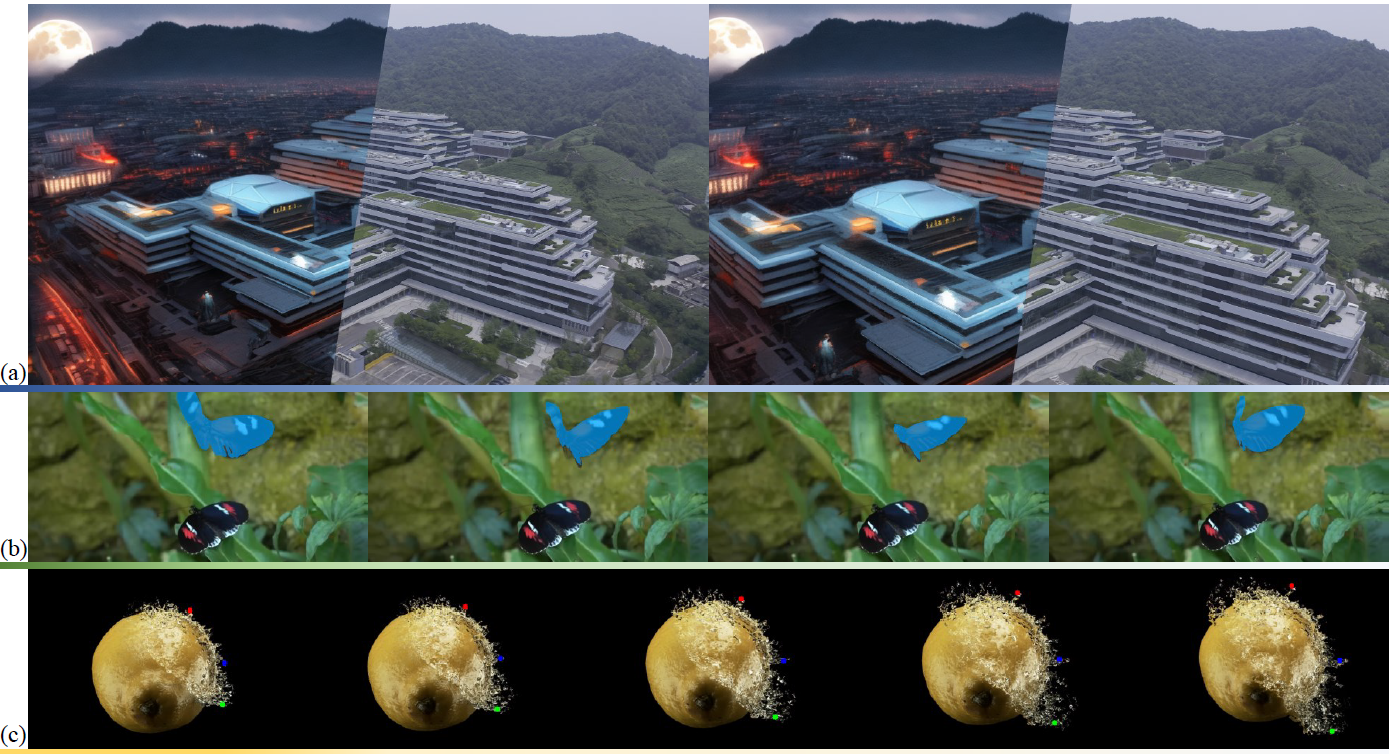
|
CoDeF: Content Deformation Fields for Temporally Consistent Video Processing
Arxiv, 2023
|

|
Benchmarking and Analyzing 3D-aware Image Synthesis with a Modularized Codebase
NeurIPS, 2023
|
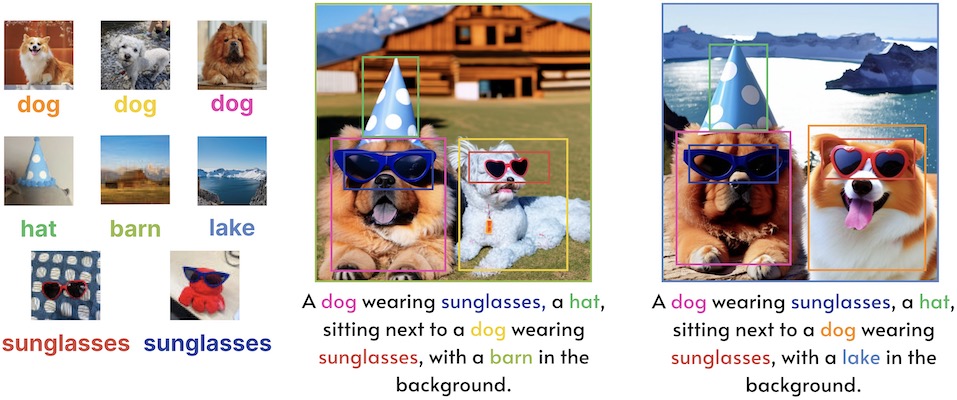
|
Cones 2: Customizable Image Synthesis with Multiple Subjects
NeurIPS, 2023
|
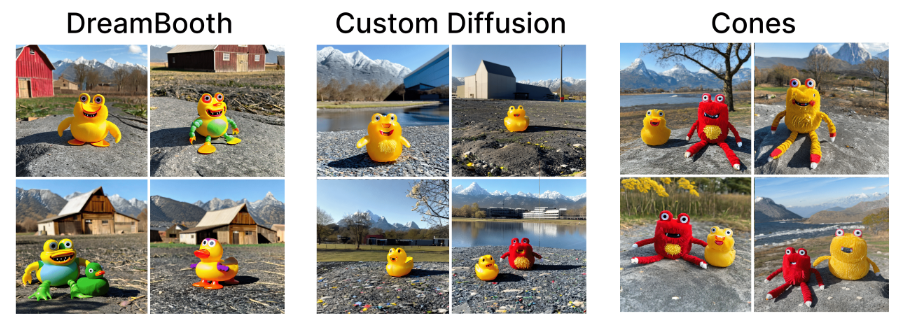
|
Cones: Concept Neurons in Diffusion Models for Customized Generation.
ICML, 2023 Oral Presentation!
|
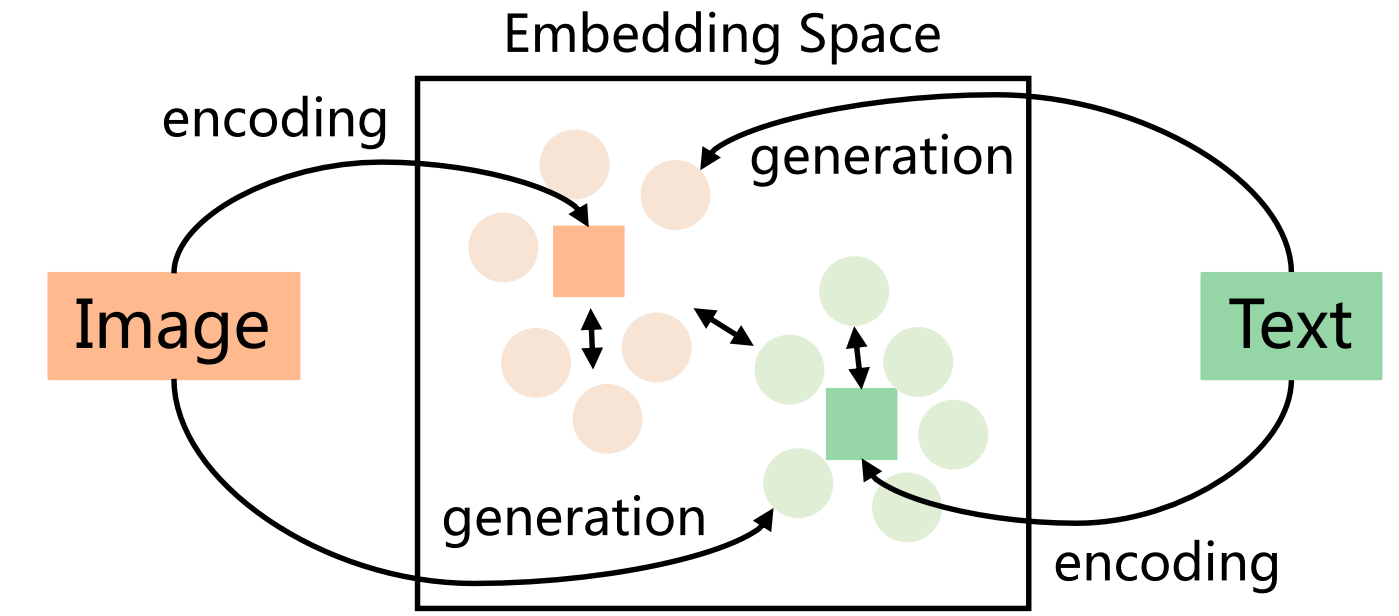
|
RLEG: Vision-Language Representation Learning with Diffusion-based Embedding Generation.
ICML, 2023
|

|
Self-Organizing Pathway Expansion for Non-Exemplar Class-Incremental Learning
ICCV, 2023
|
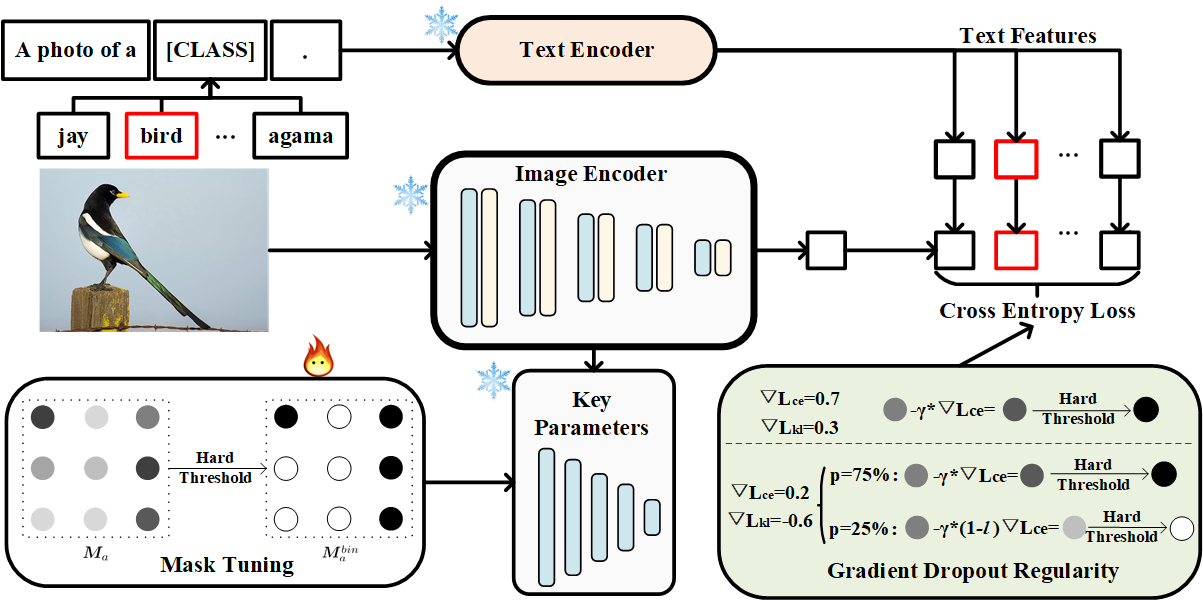
|
Regularized Mask Tuning: Uncovering Hidden Knowledge in Pre-trained Vision-Language Models
ICCV, 2023
|

|
Neural Dependencies Emerging from Learning Massive Categories
CVPR, 2023
|

|
Uncertainty-Aware Optimal Transport for Semantically Coherent Out-of-Distribution Detection
CVPR, 2023
|

|
Rank Diminishing in Deep Neural Networks
NeurIPS, 2022
|
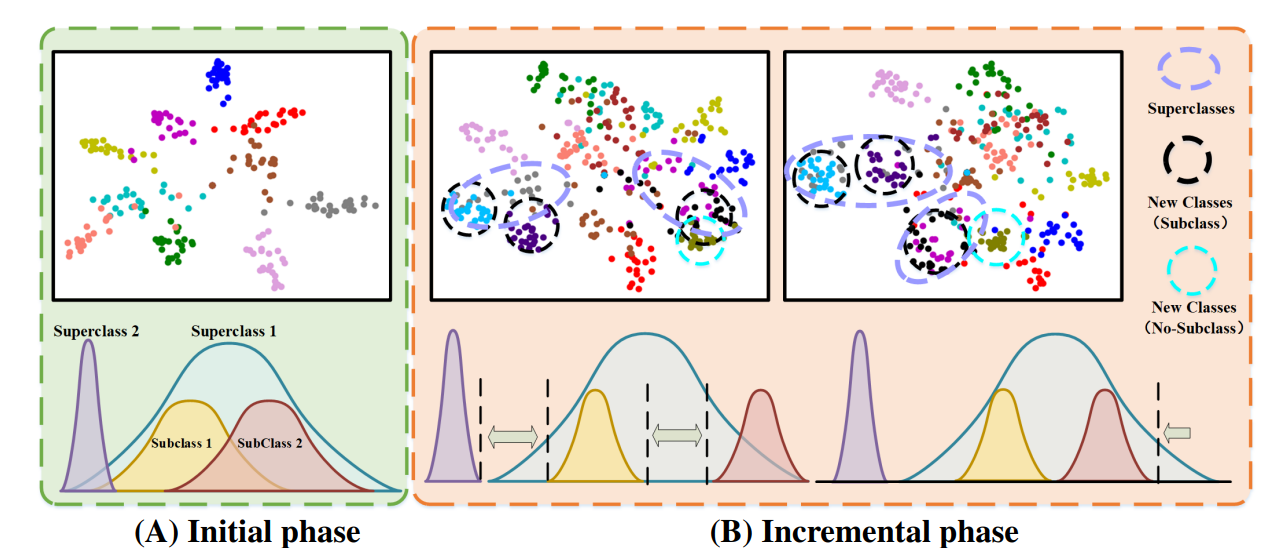
|
Uncertainty-Aware Hierarchical Refinement for Incremental Implicitly-Refined Classification
NeurIPS, 2022
|


|
Zizheng Yang, Xin Jin, Kecheng Zheng, Feng Zhao CVPR, 2022 ArXiv / Code / bibtex We design an Unsupervised Pre-training framework for ReID based on the contrastive learning (CL) pipeline, dubbed UP-ReID. |
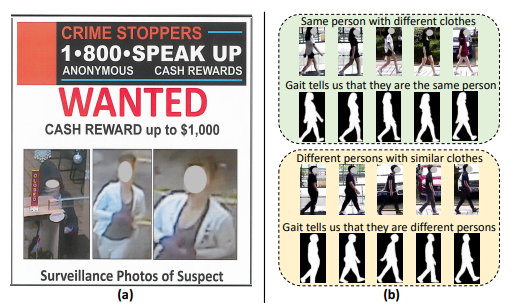

|
Xin Jin, Tianyu He, Kecheng Zheng, Zhiheng Ying, Xu Shen, Zhen Huang , Ruoyu Feng , Jianqiang Huang , Xian-Sheng Hua , Zhibo Chen CVPR, 2022 ArXiv / Code / bibtex We focus on handling well the CC-ReID problem under a more challenging setting, i.e., just from a single image, which enables high-efficiency and latency-free pedestrian identify for real-time surveillance applications. |
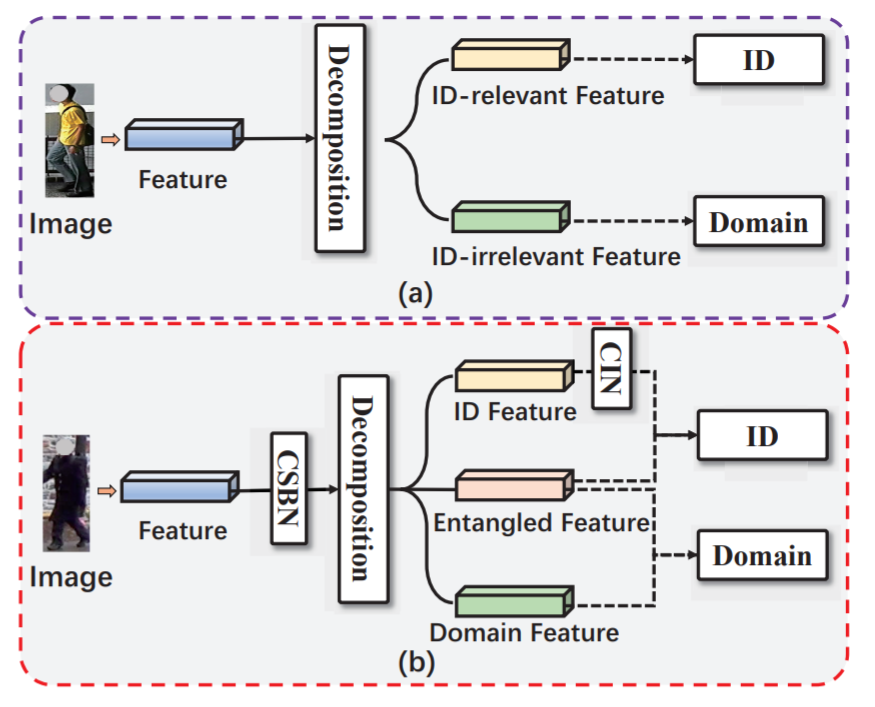

|
Kecheng Zheng, Jiawei Liu, Wei Wu, Liang Li, Zheng-jun Zha Arxiv, 2022 ArXiv / Code / bibtex We propose a simple yet effective Calibrated Feature Decomposition (CFD) module that focuses on improving the generalization capacity for person re-identification through a more judicious feature decomposition and reinforcement strategy. |
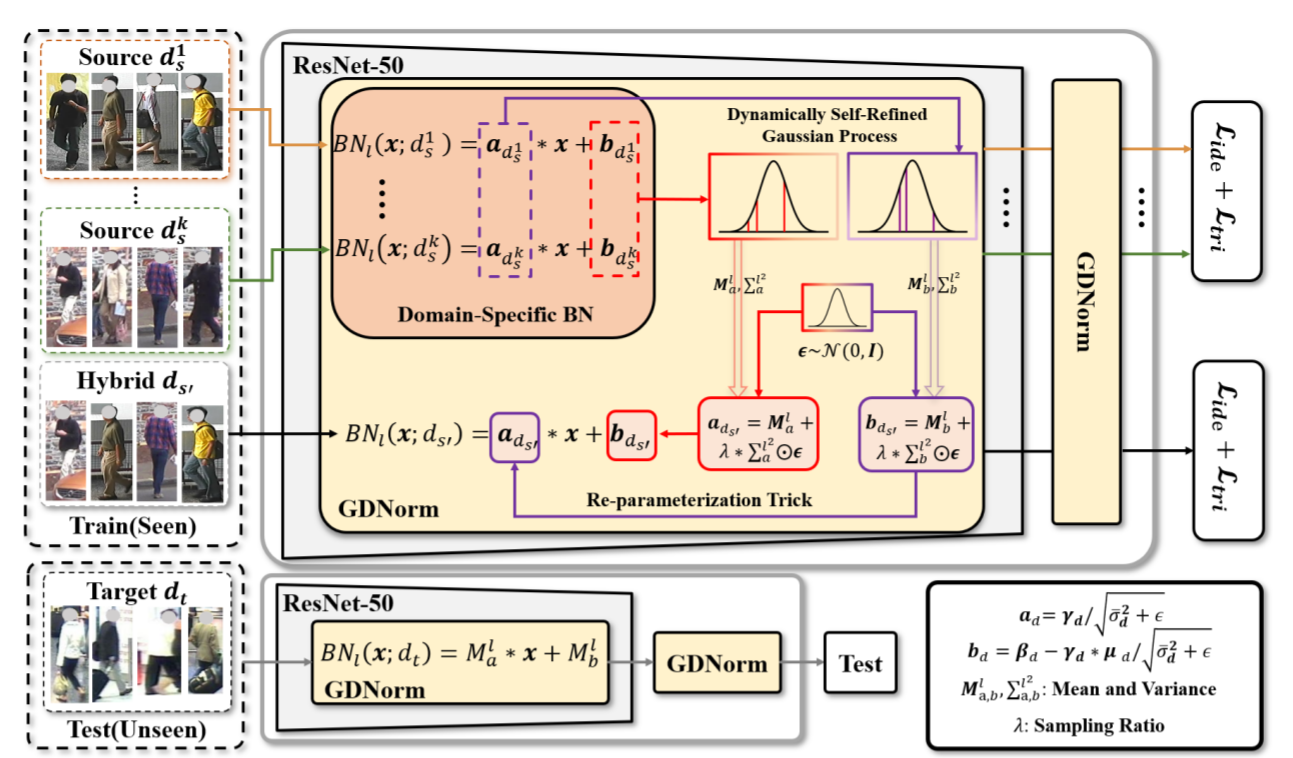

|
Jiawei Liu, Zhipeng Huang, Kecheng Zheng, Liang Li, Zheng-jun Zha AAAI, 2022 Arxiv We propose a novel Debiased Batch Normalization via Gaussian Process approach (GDNorm) for generalizable person re-identification, which models the feature statistic estimation from BN layers as a dynamically self-refining Gaussian process to alleviate the bias to unseen domain for improving the generalization. |
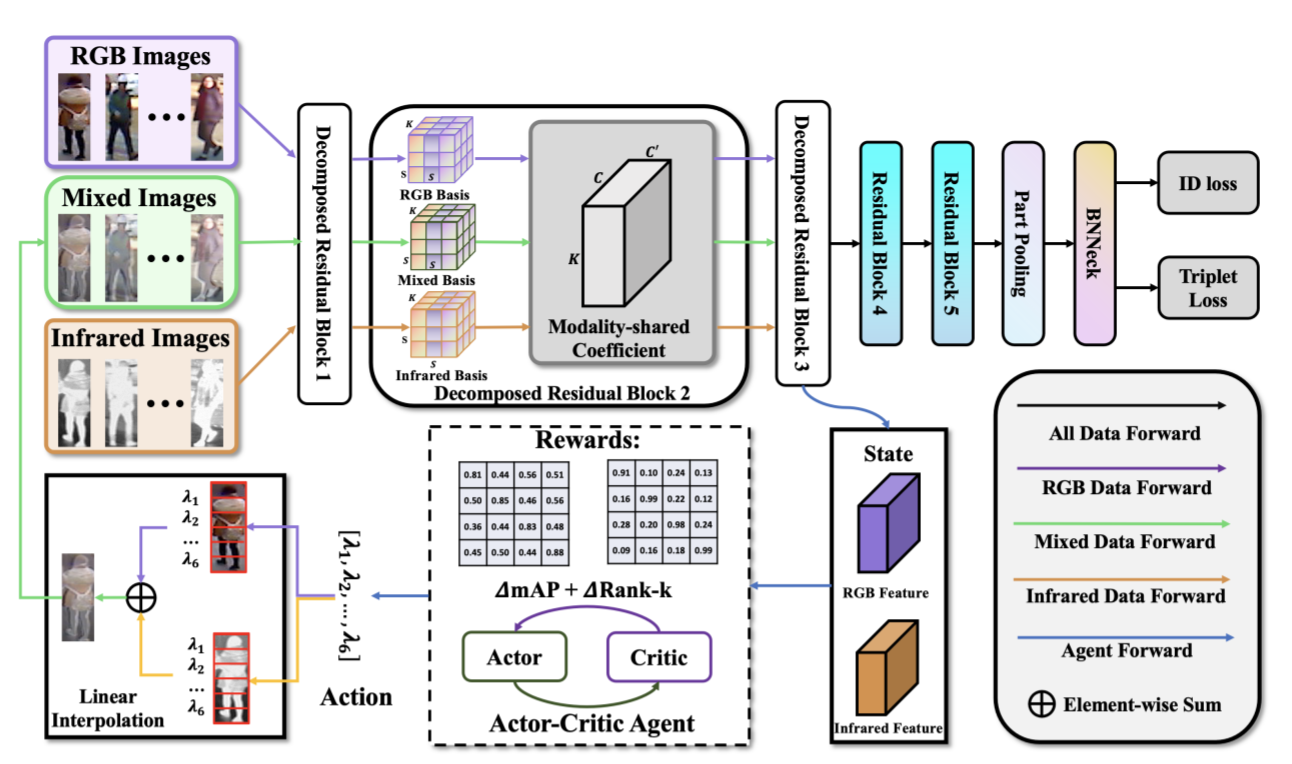

|
Zhipeng Huang, Jiawei Liu, Kecheng Zheng, Liang Li, Zheng-jun Zha AAAI, 2022 arxiv We propose a novel modality-adaptive mixup and invariant decomposition (MID) approach for RGB-infrared person re-identification towards learning modality-invariant and discriminative representations. |


|
Kecheng Zheng, Cuiling Lan, Jiawei Liu, Wenjun Zeng, Zhizheng Zhang, Zheng-jun Zha ACM MM, 2021 ArXiv / bibtex We propose a network named Pose-Guided Feature Learning with Knowledge Distillation (PGFL-KD), where the pose information is exploited to regularize the learning of semantics aligned features but is discarded in testing. |
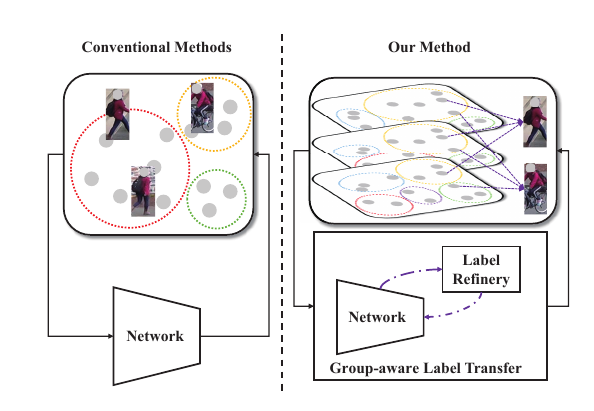

|
Kecheng Zheng, Wu Liu, Lingxiao He, Jiebo Luo, Tao Mei, Zheng-jun Zha CVPR, 2021 ArXiv / Code / bibtex We propose a Group-aware Label Transfer (GLT) algorithm, which enables the online interaction and mutual promotion of pseudo-label prediction and representation learning. |
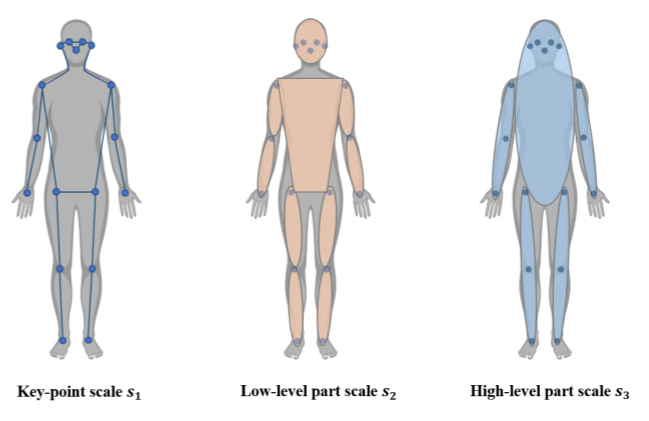

|
Jiawei Liu, Zheng-jun Zha, Wei Wu, Kecheng Zheng, Qibin Sun CVPR, 2021 Oral Presentation! ArXiv / bibtex We propose a novel Spatial-Temporal Correlation and Topology Learning framework (CTL) to pursue discriminative and robust representation by modeling cross-scale spatial-temporal correlation. |
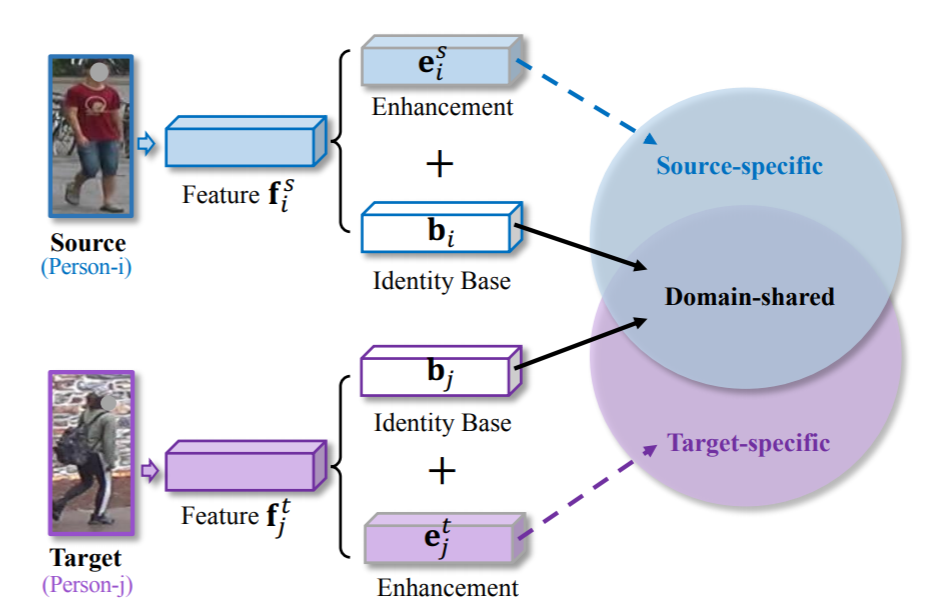

|
Zhizheng Zhang , Cuiling Lan, Wenjun Zeng, Quanzeng You , Zicheng Liu , Kecheng Zheng, Zhibo Chen ArXiv, 2021 ArXiv / code(coming soon) / bibtex We propose a Disentanglement-based Cross-Domain Feature Augmentation (DCDFA) strategy, where the augmented features characterize well the target and source domain data distributions while inheriting reliable identity labels. |
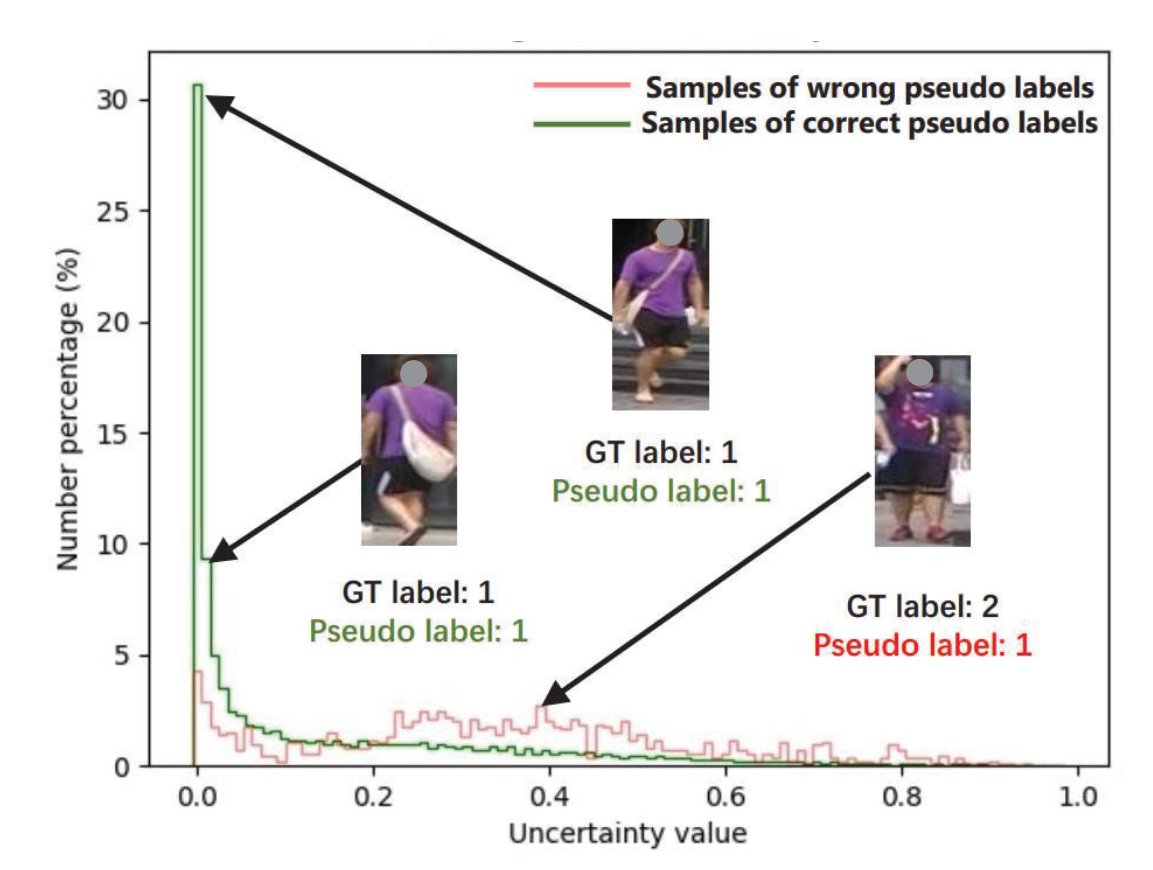

|
Kecheng Zheng, Cuiling Lan, Wenjun Zeng, Zhizheng Zhang, Zheng-jun Zha AAAI, 2021 ArXiv / Code / bibtex We propose to estimate and exploit the credibility of the assigned pseudo-label of each sample to alleviate the influence of noisy labels. |
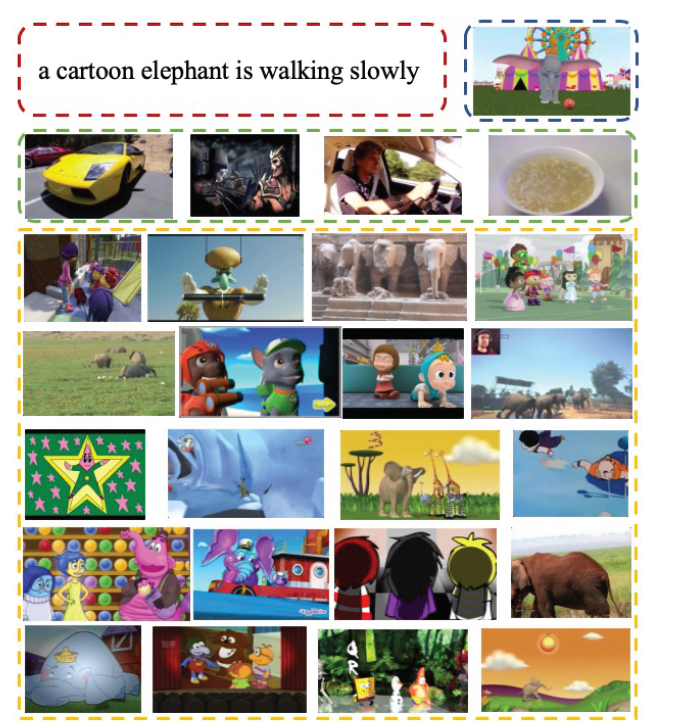

|
Rui Zhao*, Kecheng Zheng*, Zheng-jun Zha, Hongtao Xie, Jiebo Luo *Equal Contribution ArXiv, 2020 ArXiv / bibtex We propose a novel memory enhanced embedding learning (MEEL) method for video-text retrieval. |
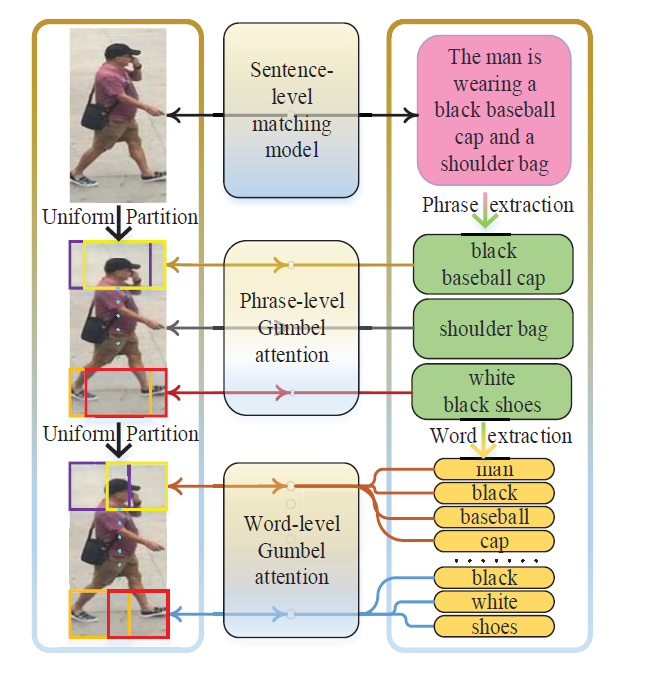

|
Kecheng Zheng, Wu Liu, Jiawei Liu, Tao Mei, Zheng-jun Zha ACM MM, 2020 Acm / bibtex We propose a novel hierarchical Gumbel attention network for text-based person search via Gumbel top-k re-parameterization algorithm. |


|
Kecheng Zheng, Wei Wei, Zheng-jun Zha NeurIPS, 2019 ArXiv / Code / bibtex We first illustrate that one of the main challenges in such a reasoning task is the presence of distracting features, which requires the learning algorithm to leverage counterevidence and to reject any of the false hypotheses in order to learn the true patterns. |


|
Rui Zhao*, Kecheng Zheng*, Zheng-jun Zha *Equal Contribution ICME, 2020 ArXiv / bibtex We propose a stacked convolutional deep encoding network for video-text retrieval task, which considers to simultaneously encode long-range and short-range dependency in the videos and texts. |
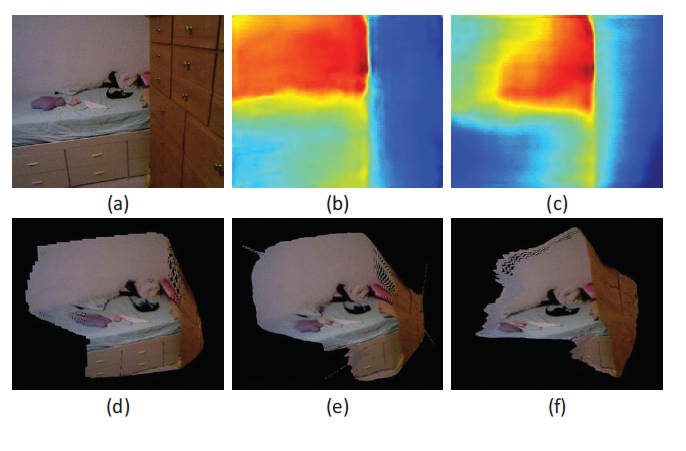

|
Kecheng Zheng, Zheng-jun Zha, Yang Cao, Xuejin Chen, Feng Wu ACM MM, 2018 Oral Presentation! Acm / bibtex We propose a novel Layout-Aware Convolutional Neural Network (LA-Net) for accurate monocular depth estimation by simultaneously perceiving scene layout and local depth details. |
|
FastReID: a Pytorch Toolbox for General Instance Re-identification,
Carver: Benchmarking and Analyzing 3D-aware Image Synthesis with a Modularized Codebase, |
|
|
|
Journal reviewer: IJCV, TNNLS, TMM, YCSVT
Conference reviewer: CVPR, ICCV, ECCV, NeurIPS, ICML, ACM MM, AAAI |
|
Feel free to steal this website's source code.
|







